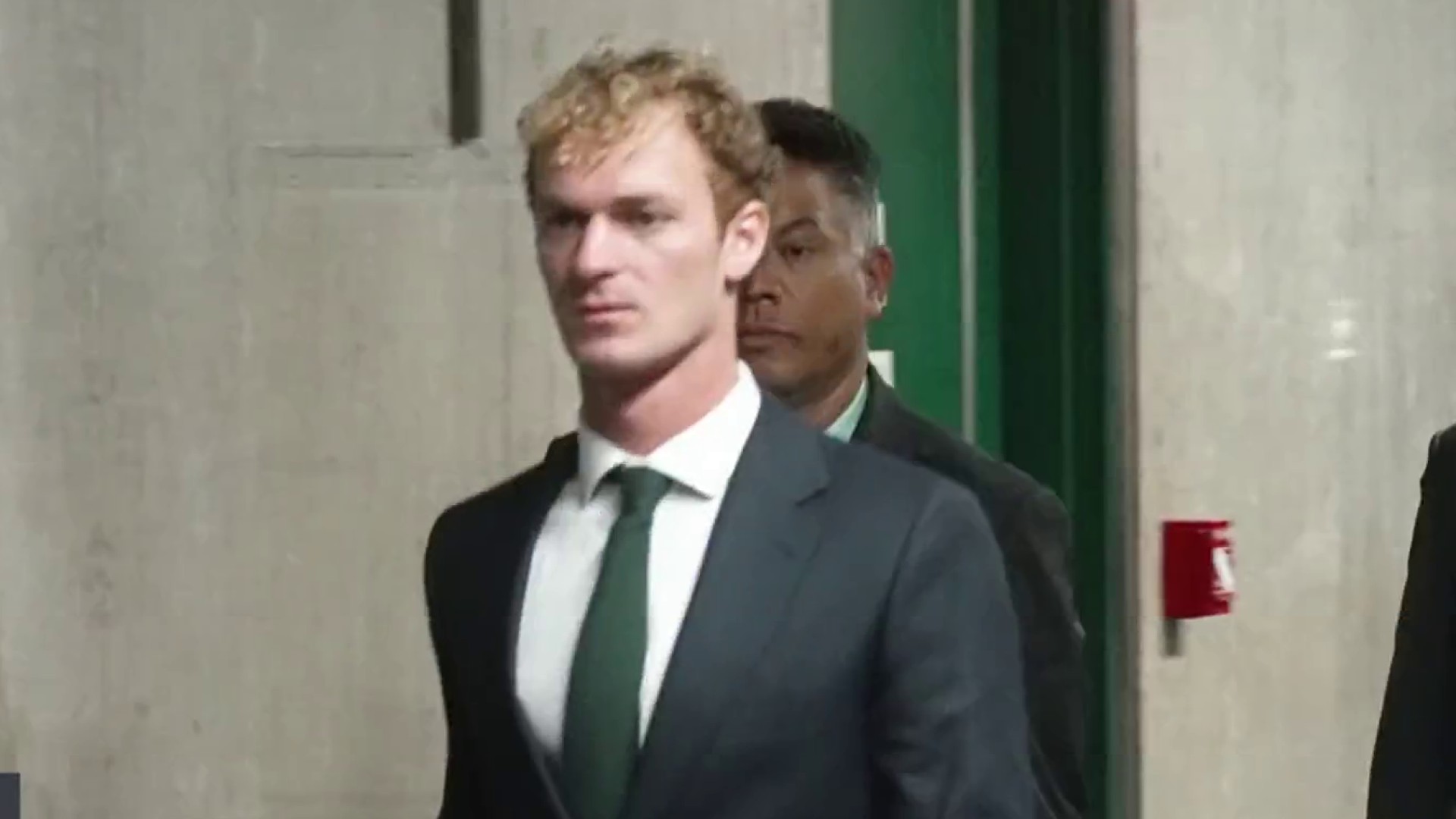There's always the parking lot.
In two weeks, the parking lot -- whether at Yankee Stadium or outside one of the city's numerous parks -- becomes one of the last legal escapes for cigarette smokers. Central Park will be off limits. So will the Brooklyn Heights promenade, Coney Island boardwalk and the pedestrian plaza outside Macy's.
Alexis Jinks of Valley Stream, N.Y., said her smoking days in the city are numbered.
"I guess that's gonna be the next step," she said. "If you have no place to go, what else are you gonna do, but quit?"
New York City's health commissioner, Thomas Farley, said there's a simple reason he and the mayor pushed for a ban in public outdoor areas.
"If you're sitting next to someone on a park bench and they're smoking, you're being
exposed to dangerous levels of secondhand smoke," said Farley.
He said 57 percent of non-smokers in New York have a substance called cotinine in their blood. That's how nicotine gets metabolized in the human body.
Local
Farley said even a few minutes next to an outdoor smoker can be too much.
"There's no known safe level of exposure to secondhand smoke -- it's a known cancer-causing chemical," he said.
But smokers get a surprisingly strong defense from people who've never even lit up. They think the new law is too restrictive.
"Completely banning them whether they're close to someone or not is sort of over the top," said Angela Khermoch, who was enjoying a crisp night in Bryant Park. "The outdoors should be for everyone and I don't know where they're going to smoke or where they're going to go."
The city says it's going to leave enforcement up to you.
According to a joint news release from the Parks Department, Health Department and Department of Transportation: "We expect the new law will be enforced by New Yorkers themselves, who will ask people to follow the law and stop smoking."
The Health Department said a similar method worked in Los Angeles and Chicago.
New York's new parks and beaches ban begins May 23; violators could be fined $50.



